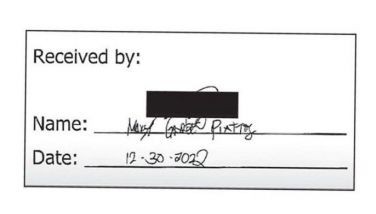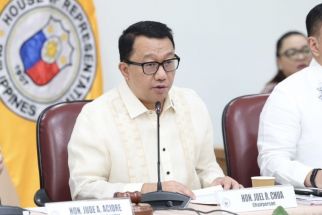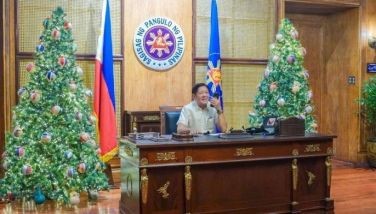Press Freedom and National Security
UNESCO National Commission of the Philippines
|
|
Is press freedom compatible with the interests of national security. Is press freedom enough to guarantee the stability of society? How can media deepen our understanding of the root causes of conflict? What are the alternatives to violence? And what are the legal and ethical issues in the coverage of terrorism? The pre-conference workshop on Terrorism and Media held early April this year examined these questions within the context of the Philippine media situation.
Prof. Luis Teodoro of the University of the Philippines, in his analysis of the legal environment explains that even though our media system is protected by a constitutional injunction against the passage of any law abridging press freedom, there are existing penal codes that limit individual freedoms.
On the issue of the existing deference to national security in our penal codes and case laws, he cites legal experts who assert that national security is the greatest threat to press freedom and the realization of the citizen’s right to information. But as we now realize, our inability to balance media freedom with social responsibility has become a barrier in attaining peace and stability. Teodoro reminds the media to observe the professional and ethical principles such as accuracy, fairness, balance, humaneness and autonomous reporting and comment that are at the heart of journalism practice.
Like the other panelists, he raises an ethical issue on the lack of in-depth reporting – the inability to present a more comprehensive backgrounding and insights into events happening in Mindanao. He asks for example why there are no stories on the Abu Sayyaf beyond endless accounts of how hostages were feeling. Or the factors that made the Abu Sayyaf possible. Could it be, he asks, that desperate poverty and lack of economic opportunity and anti-Muslim prejudices were among the reasons that drove Muslim youth to join the Abu Sayyaf group?
Police Chief Superintendent Crescencio Maralit provided the perspective of law enforcers on the issue of media and terrorism by first stating that the duty of the police is to bridge the gap between individual civil rights and the public’s right to know and to balance the disequilibrium, if any. He would like to see a more comprehensive report of counter-terrorism as a dominant policy of the state. There is such a policy, he states, and these are in the major instruments of statecraft under the Arroyo counter-terrorism policy. They are the criminal justice system, the military force, and the interdiction of financial assets.
The media can support the criminal justice system by dramatizing the resolve of freedom-loving citizens to punish terrorists. The second instrument of military force is demonstrated in Basilan. Although Maralit did not comment on this, previous speakers had noted that media gave wider coverage to the terrorists and less to civilians and the military. On the third instrument, Maralit challenges media to ask why terrorism has not yet been criminalized. There is a Senate bill on anti-terrorism and it should be fast-tracked. (To be concluded)
- Latest
- Trending





























